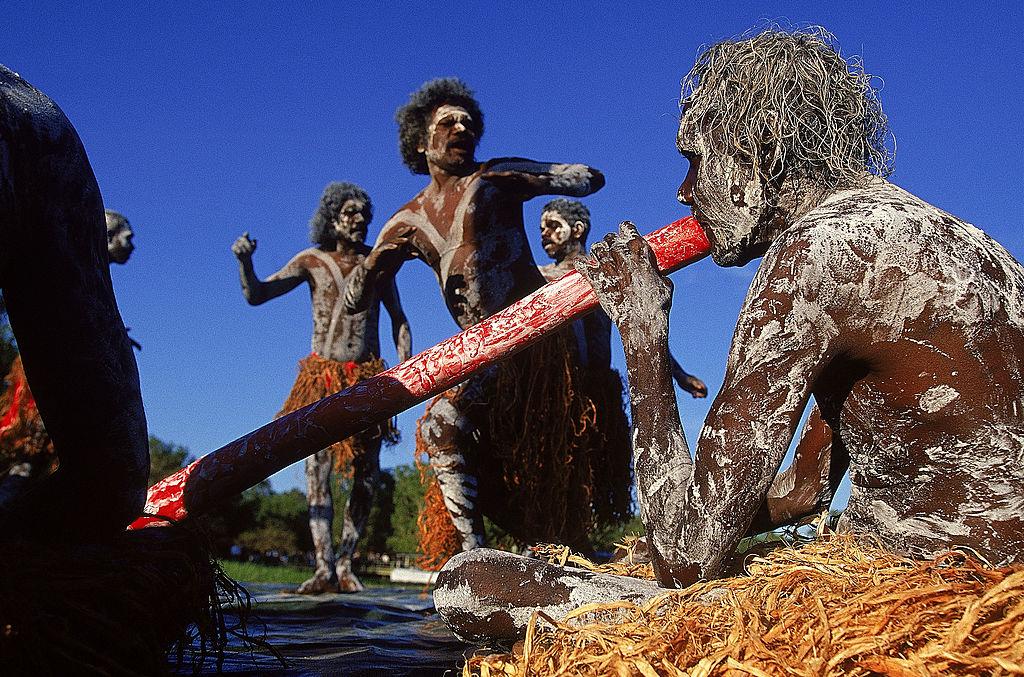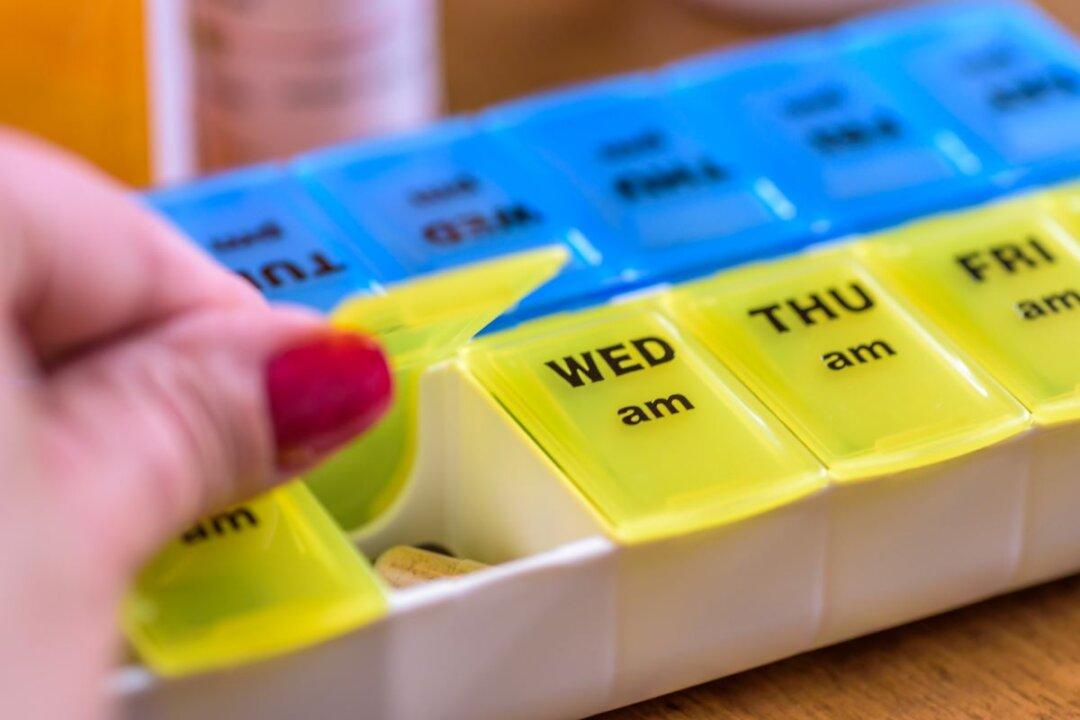Almost half of the Northern Territory’s (NT) Kakadu National Park, situated 250 kilometres west of Darwin, returned to Indigenous hands on Thursday as the federal government finalises six Aboriginal land grants across the NT.
In a ceremony held at Cooinda, Kakadu, Minister for Indigenous Australians, Ken Wyatt, handed back to traditional owners the freehold title over four land claims totalling 9,733 square kilometres of the iconic national park.





